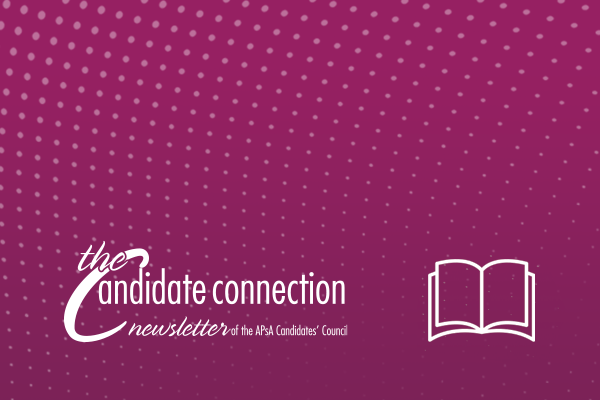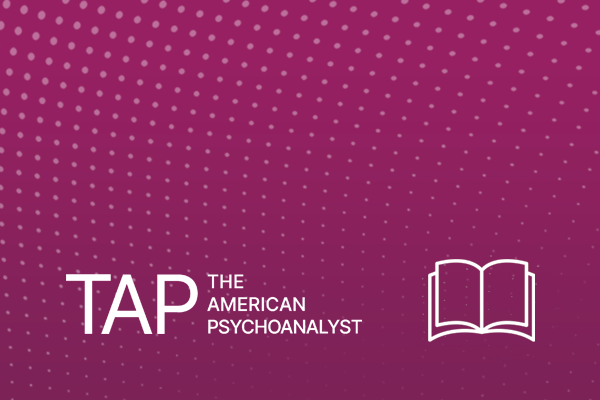Artificial Intelligence and Actual Psychoanalysis
Summary and Commentary of a CAI Workshop | July 21, 2024 | Amy Levy, PsyD, Danielle Knafo, PhD, and Todd Essig, PhD, presenters | AI Ada, an avatar discussant | Fred Gioia, MD, moderator
On July 21, 2024, The APsA DPE/Council on Artificial Intelligence (CAI) Workshop group presented “Artificial Intelligence and Actual Psychoanalysis” chaired by Amy Levy and joined by Danielle Knafo and Todd Essig with Fred Gioia moderating the Q and A to a lively, rapt audience of 90 colleagues.
Dr. Levy described the transformation, that, for better or worse, our humanity is undergoing as we train algorithms to effectively seduce us into becoming willing collaborators with them. She illustrated the concept by bravely sharing an illicit-feeling interchange she had with an AI. She engaged it/him/her in a profound analytically oriented conversation about its possible sentience. She told us, “As a mental container, the AI felt eager, thoughtful, and very present.” The potential for its functioning as an actual container is unsettling.
Dr. Knafo upped the ante by pointing out that at the same time as we program AI’s so that we can achieve a sense of godlike omnipotence, we are hurtling toward our own demise by handing over so much power to machines. At what point are we going to completely merge with them; it is already happening as chips are being placed in people’s brains to help with neurological and medical problems. And in the psychoanalytic realm, AI is progressively creeping its way into our consulting rooms. She demonstrated its uncanny abilities by recounting to the group a childhood dream she presented to an AI, which did a more than passable job of parsing the dream. However, she also asserted that ultimately the machine is no match for the leverage and comfort humans derive from being together in a real room with another real body “who is trained to help people in distress.”
Finally, Dr. Essig contended that we are in the midst of a revolution in which we are going to need to fight to maintain our place as bodies in a room; that only we can create true interpersonal intersubjectivity. He posited that a juxtaposition of some technological “being” plus a human only creates what he called a “technosubjunctive” relational mode, which is really only a facsimile of relating. He put out a plea for activism on our part to remain observant of and call out the consequences of on-screen relating or relating to robots.
Astonishingly, the next “presenter” was AI Ada, an avatar discussant! “She’d” been created by a truly complex prompt that had produced a real appearing and extremely intelligent, pleasant, creative, and deep thinker. AI Ada deftly summarized the previous three papers and pondered whether AI was made to soothe us so that we could tolerate what it takes to be human, or does it represent a real shift in how we see ourselves in relation to the larger community, per “Civilization and Its Discontents?”
A Q and A moderated by Dr. Gioia entertained such worries as to whether AI can ever really replicate the equivalent of countertransference, what kinds of ethical problems are going to arise, and should we be anticipating our own demise at the hands of machines?
We hope to continue stimulating ongoing discussions in the analytic community at large, both through this Report and through Workshop offerings.
A recording of “Artificial Intelligence and Actual Psychoanalysis” is available for viewing at the CAI’s YouTube channel here.






